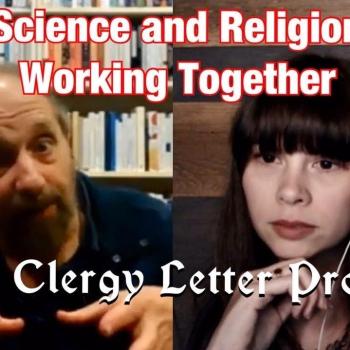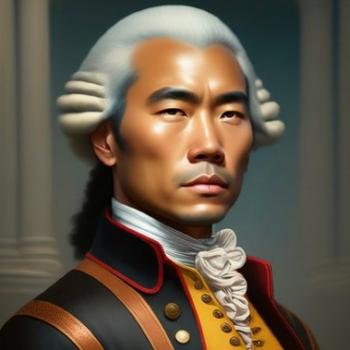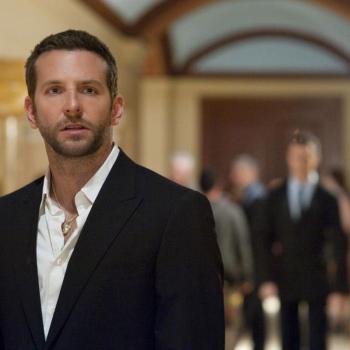A mighty fortress is our God,
A bulwark never failing;
Our shelter He, amid the flood
Of mortal ills prevailing.
 The White Ribbon, Michael Haneke's chilling tale of mystery and violence engulfing a small German town prior to the start of the First World War, is a drama that bears as much relevance to our modern times as it does to the historical period it presents.
The White Ribbon, Michael Haneke's chilling tale of mystery and violence engulfing a small German town prior to the start of the First World War, is a drama that bears as much relevance to our modern times as it does to the historical period it presents.
Set in the fictional, idyllic community of Eichwald, the film recounts the experiences of a young man known simply as "The School Teacher." The son of a local tailor, he grows increasingly embroiled in the inexplicable and turbulent events that plague the townsfolk only months after his arrival. As the story begins, the town's doctor is badly injured falling from his horse, the victim of a wire strung across his daily route—a route so familiar to everyone in the town that investigators are unable to identify a likely perpetrator. Next, a local farming woman dies in a sawmill accident, leaving a houseful of angry and suspicious sons behind her. When the local baron's son is kidnapped and badly beaten, fingers are pointed at the bereaved farmers, but their ironclad alibis gradually convince the town that other culprits must be to blame.
Fields of crops are destroyed, buildings are burned to the ground, a local midwife's handicapped son is brutally attacked, a young girl's strange and violent dreams begin to come true, and those in positions of authority throughout the town—the doctor, the baron, his steward, and the local church minister—all grow increasingly violent and oppressive. Despite the earnest efforts of the schoolteacher, the events continue, horrifyingly unexplained. Finally, convinced that the peculiarly secretive and unusual children in the town are somehow bound up in the tragedies, he confides in the local churchman, only to be subjected to verbal and emotional abuse by the furious minister and told that his doubts are signs of a deeply troubled spirit—a spirit that will no longer be tolerated in the village. He departs, unwilling to continue his work in a town that is so clearly troubled and just as clearly committed to remaining that way. And the viewer is left to wonder uncomfortably about who is behind it all, and what can possibly be done.
The film's final moments, set to the strains of the great Lutheran choral "Ein feste Burg ist unser Gott," underscore Haneke's stubborn refusal to deliver a nicely wrapped, straightforward cinematic package. Is his closing musical reference to an unfailing, divine bulwark a sardonic or a hopeful one? Are we to understand that the villagers will finally come to recognize the reasons behind the flood of mortal ills to which they are subjected? Or is the director simply ridiculing the townspeople's (and our own) ill-fated attempts to cling to religion in the face of the coming militaristic and moral storm?
Ostensibly about the roots of the Nazi movement, the film's message runs far deeper than that. It is about sin and suffering, about our past and our future (and the incontrovertible connection between the two), and the brutal, bizarre things people do in the name of love. But above all, it is about legitimate authority, the profound and corrupting dangers of its misuse, and the great lengths to which a society will go in its stubborn refusal to recognize and act on the evil that lies before it.
In many ways, The White Ribbon foreshadows the troubled times in which we Catholics now find ourselves. We are bombarded by confirmed stories (and endless allegations) of clerical impropriety, subjected almost daily to crushing revelations of the worst kind. We know with ever-growing clarity that some who have been given authority over us have unconscionably abused that most sacred of responsibilities—the responsibility of guiding and nurturing our very souls—for their own twisted and evil purposes. Betrayal by one's leaders will always sting. But the treachery of those we must trust above all others is the deepest and darkest of betrayals. It undermines their authority, as well as our ability to rely on their successors for those things most essential to our happiness.
It is clear that the way the Catholic laity views its clergy has fundamentally changed. After the repeated buffeting of the abuse crisis, we can no longer (as parents or as parishioners) lavish the same trust and confidence upon our priests that we once did. There is a guardedness and uncertainty in our interactions now that is a necessary (and appropriate) response to our new-found knowledge—a response that is both undeniable and deeply lamentable for all of us. I am greatly saddened that the confidence we once had in our priests will never be regained, at least not in my lifetime. I weep for what my children have lost, and for the countless committed, faithful priests who will never experience that extraordinary, sustaining level of confidence from their flock.





